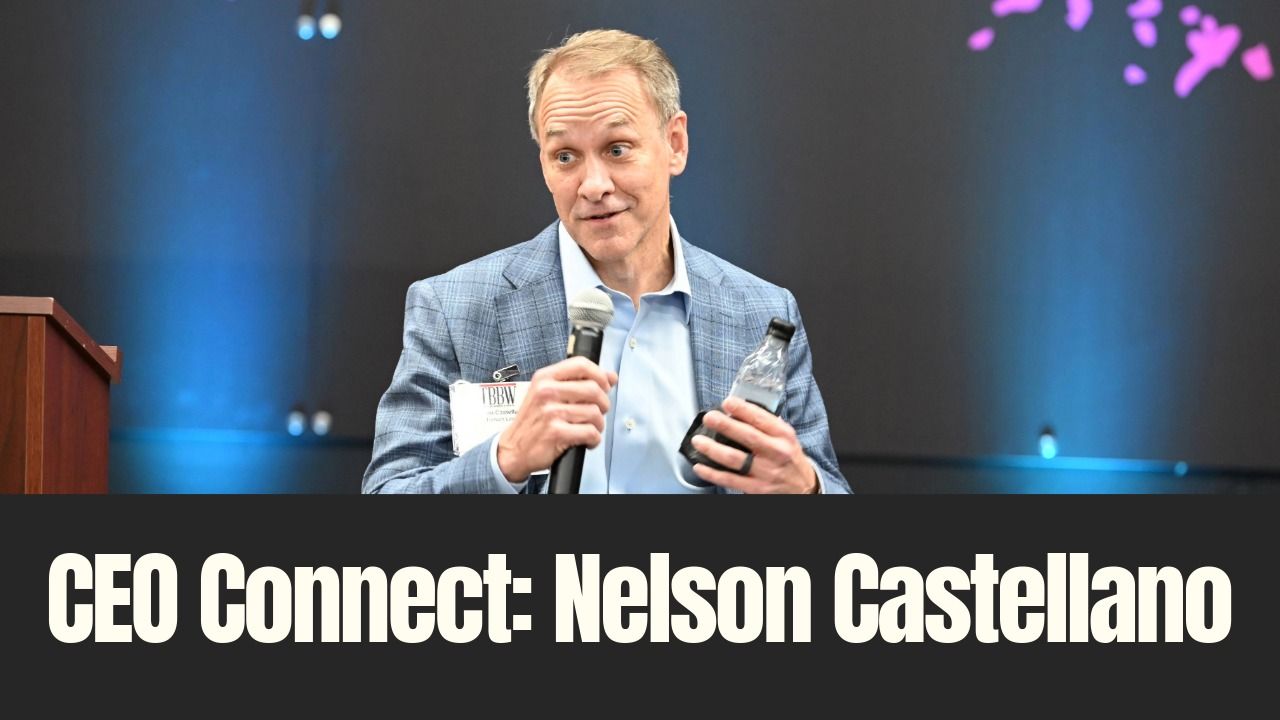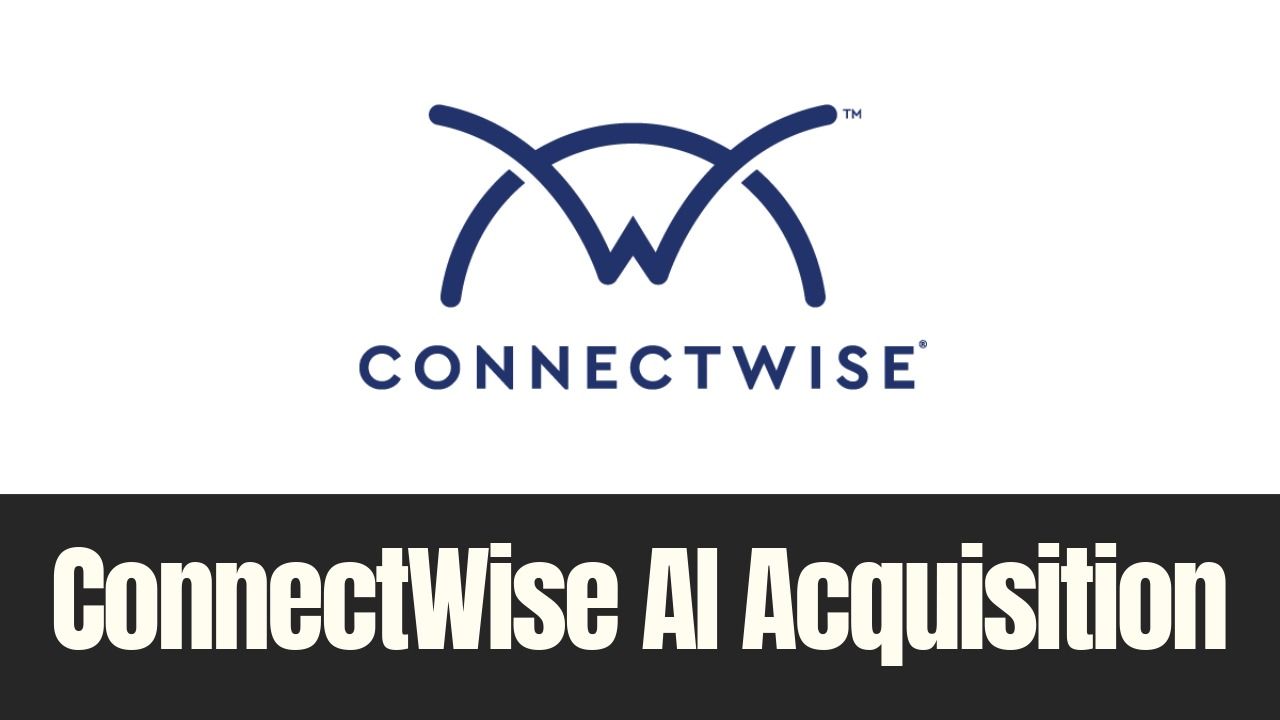Although the national unemployment rate spiked earlier this year, hiring a productive salesperson can still be a huge challenge. Salespeople tend to be outgoing, and engaging, and it’s easy to convince yourself that you’ve found the right person for the job simply because a candidate is “likable.” But before interviewing any sales candidate, take the time to determine the exact skills, and behaviors, you’re looking for in the position and the questions you’ll use to uncover whether a sales candidate is a fit.
For example, would you hire a candidate who has claimed to have generated millions of dollars in revenue for the last five years but, in actuality, missed his quota four of those years because he relied solely on renewal and add-on business?
Or would you rather hire a candidate who has generated a fraction of that, but had built his sales up from $100,000 to $500,000 per year, with at least a 20 percent increase every year, by selling new products and developing a new territory?
The lesson: Don’t let numbers taint how you perceive sales candidates. It takes some careful questioning to get a proper perspective on how impressive (or not) a salesperson’s previous performance was. Impressive looking numbers, and likeability, does not necessarily make a candidate the right person for the job.
Wouldn’t it be nice if there were a “salesperson hiring tool,” like a Carfax report, that revealed the truth about the salesperson’s past performance and any “sales accidents” they’ve had?
Unfortunately, on many sales hires, we never really find out about that individual until after we’ve invested thousands of dollars in them—only to find out that they can’t, or won’t, produce. Nothing hits an organization’s payroll budget harder than carrying a salesperson longer than their mother did – without productivity to justify the organization’s commitment in time and resources to them.
How do you get a better gauge on a salesperson’s chances of success? Outside of the performance, and productivity, questions noted above, look at the sales hiring process as “detective work.” Unlike hiring an engineer, or accountant, (whose work output is a reasonable gauge of their skillset), even mediocre salespeople are pretty good at finessing their way through the interview process.
Instead, slow the interviewing process down to arrive at a better hiring decision. Use multiple interviews. Have the finalist shadow one of your people for a half-day. Don’t use a cursory reference checking process and get references from their references; people who won’t tell you “Sharon was fantastic—best hire ever.”
One of the biggest sales hiring mistakes is the tendency to “fall in love” with a candidate without an objective check of their true selling skills. To do this, use a pre-hire assessment tool to identify the candidate’s behavioral competencies, blind spots, skill gaps and communication style. This information, combined with a thorough vetting of the salesperson’s true past productivity and performance, usually leads to a much more informed hiring decision.
Some organizations shun pre-hire assessments because of HR concerns, or just an inherent disdain of using data in place of their traditional hiring methods. They’ve gotten comfortable hiring someone based on a friend’s or customer’s recommendation, or because a candidate is “nice and builds relationships well.” However, once these leaders begin to embrace the role of benchmarking assessments in the hiring process, they tend to breathe a big sigh of relief that they did not pull the trigger on a hire whose assessments reveal substantial (hidden) red flags, and high-risk, for a lack sales performance.
The best leaders have the ability to be curious, skeptical and detached from the hiring outcome—and not, necessarily, their interviewing skills. They are mindful not to “fall in love” with the candidate before fully screening them with a rigorous, and thoughtful, process. And most important, they remember one of the most important hiring rules: Hire slow and fire quick. ♦
Jim Marshall is owner, and president, of Sandler Training of Tampa Bay, which provides sales, corporate and management training to high-achieving companies and individuals. Contact him at 813.287.1500 or [email protected].













